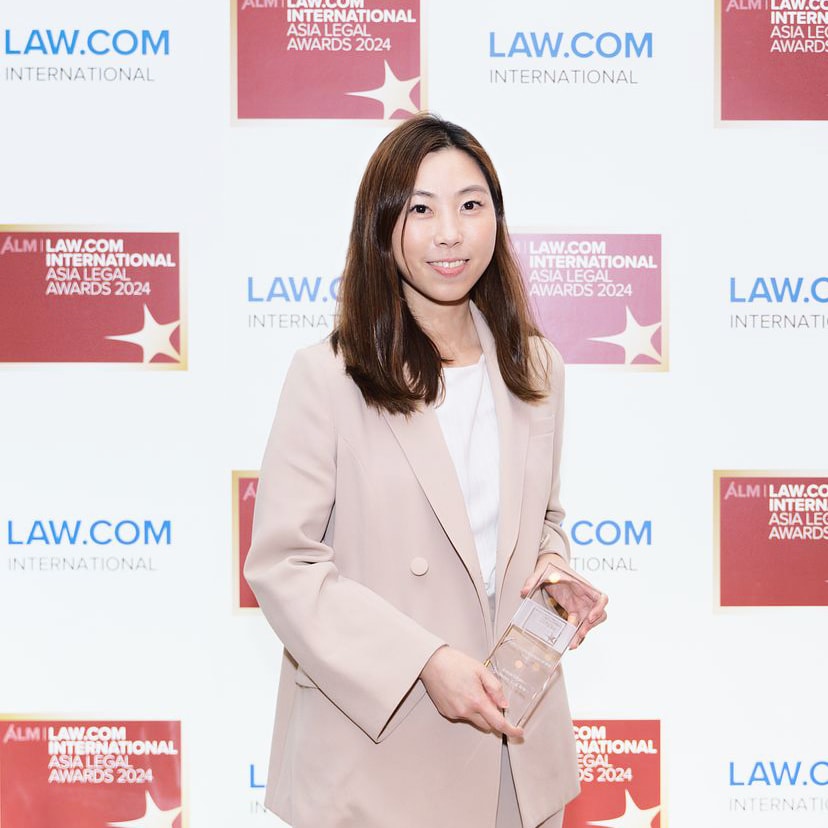期待已久的《2023年院舍法例(雜項修訂)條例》(簡稱「2023年條例」)即將於2024年6月16日起實施。
「2023年條例」對院舍的營辦人作出更嚴格的規定。凡不遵守新規定,一經定罪,最高刑罰為監禁兩年及罰款100,000 港元,並且就持續未能符合規定期間的每日處以額外罰款 10,000 港元。牌照和註冊也可能被撤銷。此外,住客和相關人士更可以向不遵守「2023年條例」的院舍提出民事訴訟。
新規定包括以下各方面:
- 廢除安老院的豁免證明書制度;
- 「獲提名負責人」的任命,而有關人士必須是適當人選;
- 院舍主管或院舍主管(臨時)的註冊,而有關人士必須是適當人選,並持有某些指明的資格;
- 院舍主管或院舍主管(臨時)須匯報某些特定事件;
- 保健員的註冊,而有關人士必須符合資格、有能力和合適;
- 提高最低人手規定;
- 調高住客的最低人均樓面面積;
- 限制對住客使用約束措施;
- 維護住客的尊嚴及私隱,避免不適當地暴露住客的身體部位;
- 藥物的儲存和施用。
安老院的定義是指慣常有超過5名年滿60歲的人士獲收容在其內住宿以便獲得照顧的處所。
安老院的種類包括:
- 護養院(住客的身體機能喪失,程度達到在日常起居方面,需要專人照顧料理及高度的專業護理,但不需要持續醫療監管);
- 高度照顧安老院(住客的一般健康欠佳,而且身體機能喪失或衰退,以致在日常起居方面需要專人照顧料理,但不需要高度的專業醫療或護理);
- 中度照顧安老院(住客有能力保持個人衞生,但在處理家務方面有一定程度的困難);
- 低度照顧安老院(住客有能力保持個人衞生,亦有能力處理家務)。
如欲索取我們免費提供的「安老院營辦人合規檢查清單」,請聯絡我們的長者法律服務聯合負責人胡海倫律師(Helena Hu)(電話:2186 1830,電郵:helena.hu@oln-law.com)查詢。
Disclaimer: This article is for reference only. Nothing herein shall be construed as legal advice, whether generally or for any specific person. Oldham, Li & Nie shall not be held liable for any loss and/or damage incurred by any person acting as a result of the materials contained in this article.
 香港中環雪厰街二號聖佐治大廈五樓503室
香港中環雪厰街二號聖佐治大廈五樓503室 +852 2868 0696
+852 2868 0696








